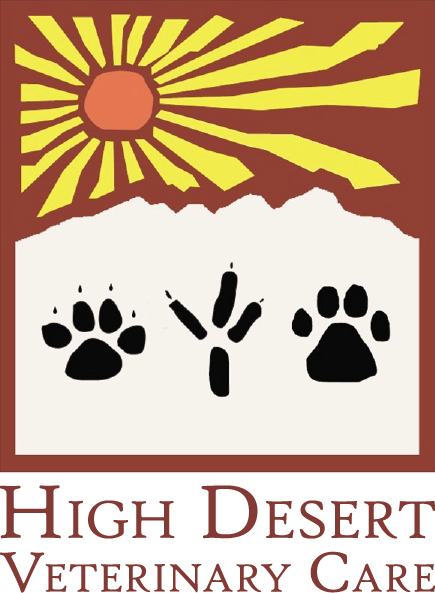Library
-
Conjunctivitis means inflammation of the conjunctiva. The most common signs of conjunctivitis include discharge from the eyes, squinting or excessive blinking, and redness or swelling around the eyes. Causes of conjunctivitis include bacterial and viral infections, allergies, breed-associated conditions, and tumors. Conjunctivitis can be secondary to other eye conditions including eyelid abnormalities, corneal ulcers, decreased tear production, uveitis, or glaucoma. To differentiate many of these conditions, your veterinarian must perform a complete and detailed ophthalmic examination, as well as several additional diagnostic tests. Treatment may include both topical and oral medications. Most dogs have an excellent prognosis, though some causes of conjunctivitis require long term or surgical treatment.
-
Conjunctivitis in Cats
Se trata de un término médico que está formado por el sufijo -itis, que significa inflamación de. Una conjuntivitis se define como la inflamación de la conjuntiva. La conjuntiva es una membrana mucosa, similar a la mucosa de la boca o de la nariz. Esta membrana está formada por una capa de células epiteliales con células secretoras de moco, que cubren el globo ocular y la parte interna de los párpados.
-
Giving Pills to Cats
Administrar un comprimido a un gato puede ser extremadamente difícil …¡incluso para los veterinarios más experimentados! La manera más fácil es escondiendo la pastilla dentro de la comida. Normalmente, funciona mejor si la comida que se usa es muy gustosa para el gato, como atún, salmón, yogur o crema de queso.
-
Cats were once considered solitary creatures. We now know that they are, in fact, social animals who benefit from interaction with their own and other species. However, not all cats are social with other cats. The personality of each cat must factor into the decision to introduce a new cat to your home.
-
Constipation is defined as an abnormal accumulation of feces in the colon resulting in difficult bowel movements. Constipation is a condition seen most commonly in mature, middle-aged cats and can be caused by hairballs, ingestion of foreign bodies, pelvic injuries, or obesity and/or lack of exercise. Megacolon is the most common cause of constipation in cats. In most cases, a diagnosis of constipation can be made on the basis of the cat's clinical signs and medical history. Treatment varies depending on the cause of constipation. The long-term outlook varies according to the cause of the constipation; however, most cats can be adequately managed without surgery and resume normal, healthy lives.
-
Constipation is infrequent or difficult passage of stool or feces and is typically a temporary condition. Though there are many causes of constipation in dogs, most cases are caused by ingestion of irritating or indigestible substances. Constipation is usually diagnosed through a physical examination and medical history. A rectal exam to rule out rectal strictures, tumors, foreign bodies, or other abnormalities may be done. Abdominal radiographs, blood tests, and urinalysis are valuable for a full diagnosis and development of a treatment plan. Biopsies may also be recommended if a rectal mass or stricture is suspected. Most cases of constipation are relatively easy to treat through the use of manual removal, enemas, and medications. The prognosis for constipation is determined by the exact cause.
-
The term 'contracted tendons' describes a condition where the leg is excessively straight, usually at the fetlock or coronary band, i.e., corono-pedal joint, but it occasionally also affects the knees.
-
Wellness Testing for Cats
Las pruebas que valoran el estado de salud son pruebas destinadas específicamente a detectar signos de enfermedades subclínicas de forma precoz en gatos que están aparentemente sanos.
-
Wellness Testing for Dogs
Las pruebas que valoran el estado de salud son pruebas destinadas específicamente a detectar signos de enfermedades subclínicas de forma precoz en gatos que están aparentemente sanos.
-
Flea Control in Cats
La pulga más común en el gato y en el perro es la pulga del gato (Ctenocephalides felis), aunque en los gatos también podemos encontrar otro tipo de pulgas como las pulgas de los conejos, ardillas y otro tipo de fauna salvaje.

